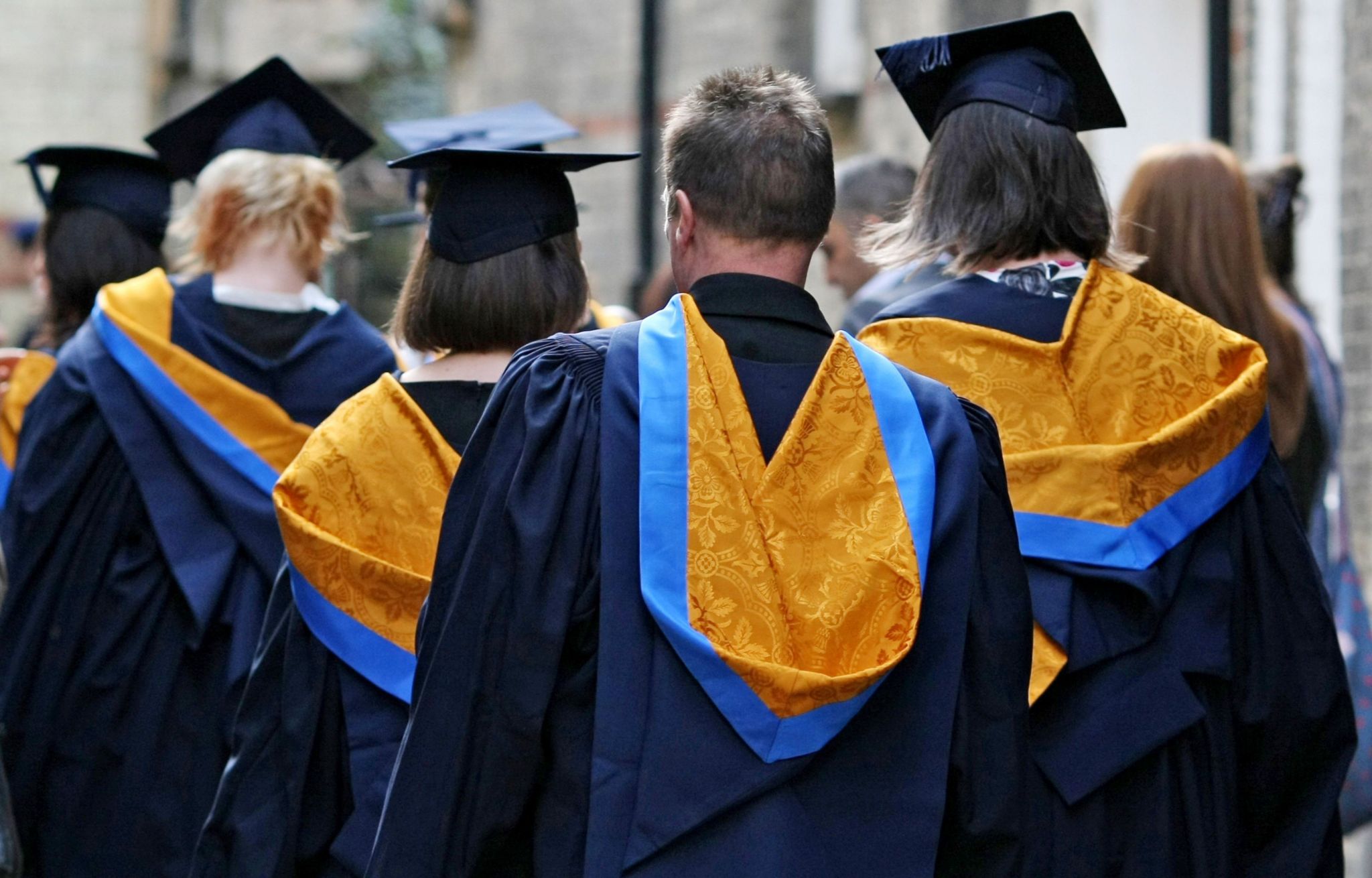A record number of 18-year-olds from deprived areas have applied to the most selective universities and courses, according to newly released data from Ucas
At a glance
More students from the most disadvantaged areas in the UK are applying to the most selective university courses than ever before
Ucas gathers data based on how many people from certain areas normally go into higher education
The number of October applicants from the most under-represented areas is up by 7% on last year
Ucas says it is “encouraging”, but the Sutton Trust charity says the advantage gap has “hardly shifted”
1 hour ago
A record number of students from disadvantaged backgrounds have applied for the most selective UK university degrees, says the Universities and Colleges Admissions Service (Ucas).
They have applied to Oxford and Cambridge, and for degrees in medicine, dentistry and veterinary science.
Applications to these courses have an October deadline each year, while most others are in January.
Ucas interim chief executive Sander Kristel said it was “encouraging”.
However, the Sutton Trust charity said the advantage gap had “hardly shifted”.
The findings are based on the participation of local areas measure of where students applying to university come from in the UK.
It splits them into five groups based on how many people aged 18 and 19 in their area go into higher education.
Ucas says the number of 18-year-olds applying from areas where the fewest number of young people traditionally go to university – classified as the most disadvantaged – is up by 7% since last year.
That represents an increase from 2,950 applicants for 2023 courses to 3,160 for those starting next year.
By contrast, applications from the highest-ranked group – the most advantaged areas of the country – is up by 2%.
However, the total number of applicants in this group is still far higher after increasing to 17,080 this year – more than five times the number of applicants from the most disadvantaged areas.
Other key findings from the Ucas analysis of October applications include:
A 6% increase in UK applicants receiving free school meals (FSM) – taken in the context of rising FSM pupil numbers in England
A 7% year-on-year drop in the number of 18-year-old UK applicants to medicine degrees
An 18% year-on-year decrease in the total number of UK 19-year-old applicants – down from 6,770 to 5,580 this year
A slight drop in the total number of international applicants (all ages) from 20,970 to 20,850
Sir Peter Lampl, founder and chairman of the Sutton Trust, said while the increase in applications from disadvantaged UK students was “encouraging”, the gap in access to the most selective courses had “hardly shifted”.
And he said those students from under-represented areas face an “uphill struggle” once they arrive at university.
“They have to borrow more than well-off students just to live on, resulting in them graduating with higher levels of debt which is both shameful and hugely unfair,” he said.
“Our previous research has found that many students are skipping meals as well as working sometimes full-time hours.”
Related Topics
Elsewhere in education
13 hours ago
2 days ago
1 day ago
